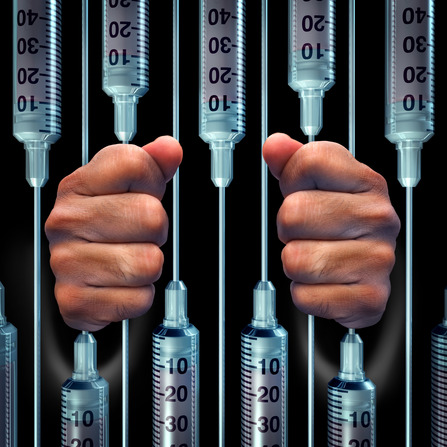CHICAGO, IL – Medical errors are an unfortunate part of the medical system and an area that is flawed. Unfortunately, medical errors are oftentimes a result of a provider’s negligence. A patient could be left with debilitating conditions that significantly impact their quality of life. Many injuries caused by medical negligence are long-lasting and sometimes permanent. If you’ve fallen victim to medical malpractice, you should seek legal help immediately.
In 2019, Diederich Healthcare reported more than $4 billion was paid in medical malpractice claims nationwide. Any deviation from the standard of care as a result of carelessness is considering medical malpractice.
Causes of medical malpractice
Any deviation from the standard of care as a result of carelessness is considering medical malpractice. Doctors are trusted members of society who take an oath to do no harm when they treat patients.
Many injuries, illnesses and scenarios can be attributed to a medical malpractice lawsuit. Some of the most common causes of medical malpractice lawsuits include:
- Anesthesia errors
- Childbirth injuries
- Defective medical equipment
- Failure to treat
- Medication errors
- Misdiagnosis
- Surgical errors
How to prove medical malpractice
Standards and regulations in regards to medical malpractice differs among states; however, the basic requirement to prove medical malpractice requires various important elements that you must demonstrate. You must prove that:
- A doctor-patient relationship existed by either agreement or treatment received
- A duty or standard of care was established
- A breach of the duty of care occurred by a medical provider(s) not upholding his/her/their obligations
- The breach of care was the primary case of injury which can be proven by medical records and expert testimony
- The injury caused damages
Statute of Limitations in Illinois
In the state of Illinois, the statute of limitations gives a patient two years from the date of discovery to file a medical malpractice claim against a healthcare professional(s) for medical error and damage. Children under the age of 18 who are injured by medical malpractice have up to eight years from the date the treatment caused their injuries; however, the child must file a medical malpractice claim prior to their 22nd birthday. It’s important to consult with an experienced medical malpractice attorney in Chicago, Illinois so they can look at the facts of your case and tell you what your statute of limitations are.
Damages in medical malpractice claims in Illinois
The purpose of compensatory damages is to compensate the injured person for the harm done due to their negligence in an attempt to restore the individual. Many times, injuries leave the victim with long-term medical care, time away from work, amongst other setbacks.
Economic Damages
Economic losses are those that have a direct financial impact on the injured person. Examples of economic damages include:
- Future medical expenses caused by substandard medical care
- Medical bills to treat the injury
- Loss of income
- Future loss of income, or decreased earning capacity
Non-Economic Damages
Non-economic losses are unmeasurable in terms of losses. Types of non-economic losses an injured victim may experience after negligent medical malpractice includes:
- Disability
- Disfigurement
- Loss of a normal life (past and future)
- Pain and suffering (past and future)
Nominal Damages
These damages are available in unusual cases which award the victim a low dollar amount to recognize the wrongful conduct the defendant caused, even if there was little to no economic loss including extra medical bills or additional lost wages.
What to do if you experienced medical malpractice
Despite the preventative measures healthcare providers take, medical errors occur. Medical errors are the third leading cause of death in the United States according to Johns Hopkins. Medical malpractice involves both medicine and law and can be challenging to prove. The skilled medical malpractice attorneys at the Dinizulu Law Group are ready to help you. Call us now at (312) 384-1920 for a free consultation.



